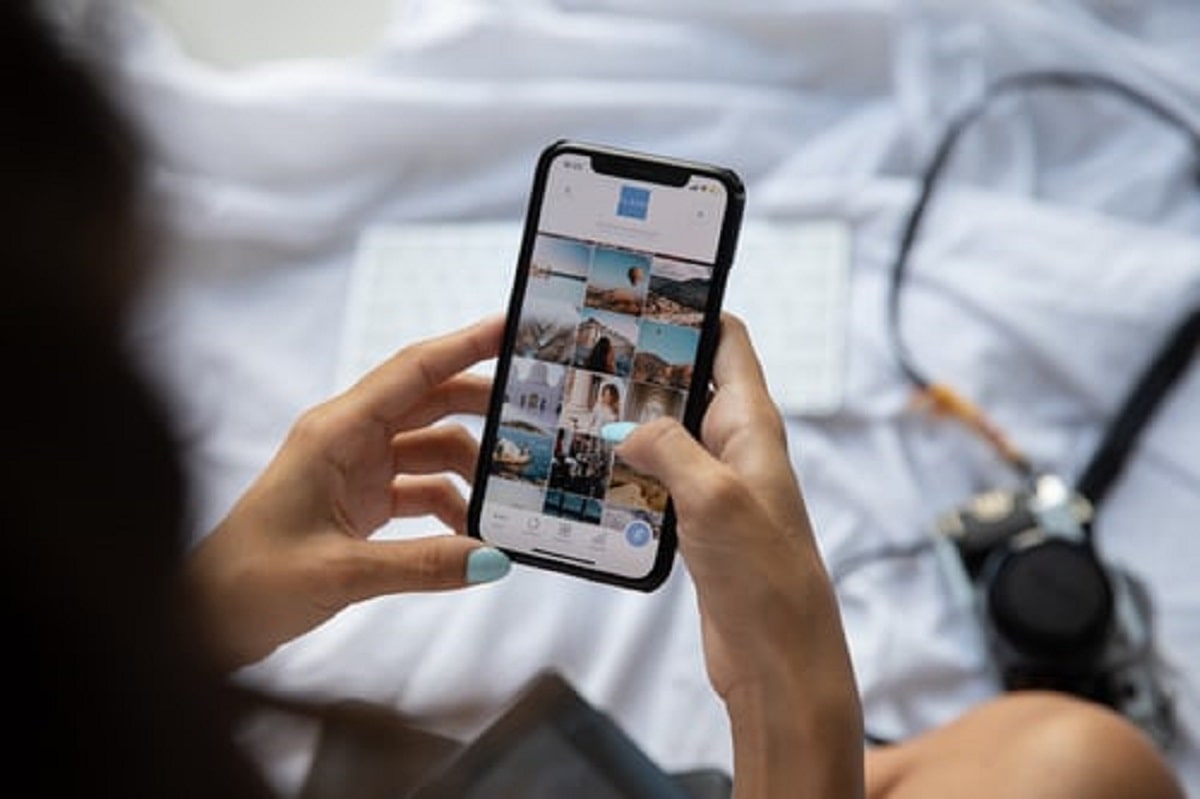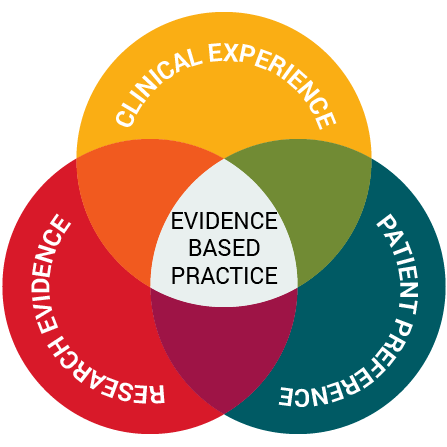The risk of mobile phone addiction is a social and psychological problem demonstrated by psychologists, psychiatrists, as well as scholars of mental health.
The current aeon can be called the integration of information and communication. Due to access to developed information and communication technology, humans can build connections and exchange information more comfortably than ever. The most prominent kind of information and communication technology is the mobile phone, the use of which in the past few years, for great social impact, has grown exponentially. Mobile phone addiction, as a mental impairment resulting from an increased need for fast communication and technology, has grabbed the attention of numerous psychologists, sociologists, and scholars of education. Troubled mobile phone use can be demonstrated as a form of gadget addiction.\
Impact of Mobile Phones on Mental Health
Many mobile phone addicts are found to be people with low self-esteem and poor interpersonal skills; which makes them turn to social media as a medium of constant contact with others. Overuse of mobile phones can lead to anxiety, irritability, sleep disturbances, stress, insomnia, and digestive problems. From the perspective of Thomee et al., dysfunctional and overuse of mobile phones can often cause an escalation of minor mental health issues to depression, psychological distress, and an unhealthy lifestyle, altogether. The user's emotional attachment to mobile phones makes them believe they cannot sustain without a cell phone. Researchers have demonstrated the negative impact of excessive use of mobile phones on the physical and mental health of various patients through case studies and randomized controlled trials. Medical research on the effects of the mobile phone indicates that this form of communication does not comply with the health of its users. For example, results of several studies show that mobile phone radiation causes changes in gene regulation, auditory and visual problems, increased pressure of acid on the cornea and lens tissue, headache, heat sensation in the ears, memory loss, and fatigue.
Studies also displayed that prolonged use of mobile phones leads to brain tumours.
In terms of psychology, communication technology downplays social relations and welfare of individual beings because of its dysfunctional outcomes like loneliness, depression, and isolation. Research shows that among adults and young people, the use of information and communication technology has every ability to cause social anxiety and sleep disorders.
Hence, it can be concluded that there is a core relationship between addiction to mobile phones and physical and psychological health.

Data Supporting the Negative Impacts of Mobile Phones on Mental Health
More than 80 per cent of adolescents possess smartphones in the U.S. According to a National Survey, half of the U.S. youth get their phone by the age of eleven. The survey also showed that the number of young people hospitalized for attempting suicide or indulging to self-harm has doubled in the past ten years. New research in Canada showed that social media and smart phones share a cause-and-effect relationship, contributing to mental distress among young people.
Evidence proves that when teenagers use excessive social media, it affects their sense of self. Surveys of university students in the U.S. and Germany demonstrated that students who spent greater time on Facebook were more vulnerable to dysfunctional emotions like self-loathing, envy and stress. The randomized controlled trial also reported that young women between the ages of 17 and 25 are more likely to experience negative mood even just after 10 minutes of browsing Facebook.
Another study conducted in England, analyzed more than 12,000 teenagers, showed that English teenagers were way more active on social media than American teens and two in three of them ageing between 15 to 16 used social media multiple times per day. The researchers also discovered that teens who used social media multiple times per day suffered from greater psychological distress, less life satisfaction, low happiness levels and more anxiety than those who used it only weekly or less. An interesting aspect of the study was that the negative impact of social media was more visible in girls than boys. This research also identified three factors that could explain the increased unhappiness among the teens - cyberbullying, decreased sleep and physical inactivity.\
Takeaway
We have a lot to learn about the consequences of smartphone use among individuals for a better understanding of its impact on mental health. Although the evidence addresses the reasons to be mindful in using mobile phones, several researchers are also of the view that technology can serve as a support system for general people. In case, you are unable to control your urges of overusing cell phones; you can opt for Swasth and ensure highly researched evidence-based treatments through our mental wellness coaches like ACT Coach, DBT Coach, CBT Companion.
Engage better with your therapist using this robust Behavioral Health Platform.




